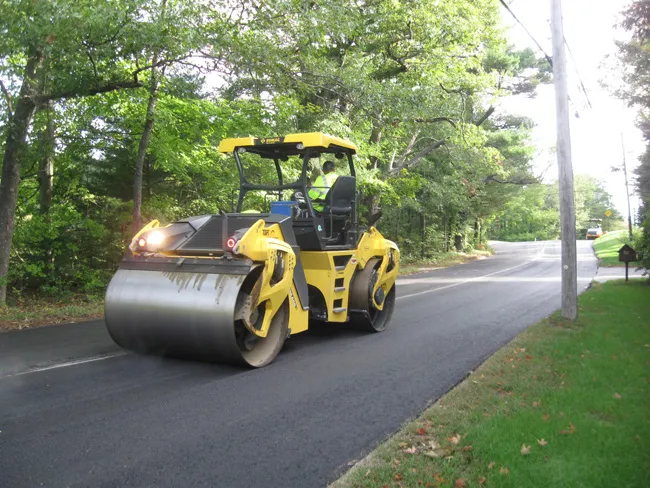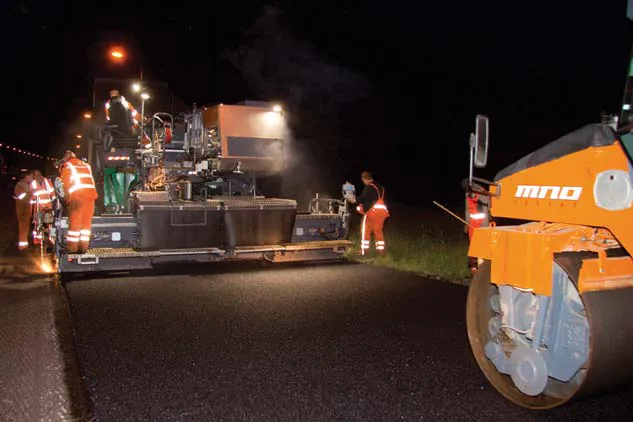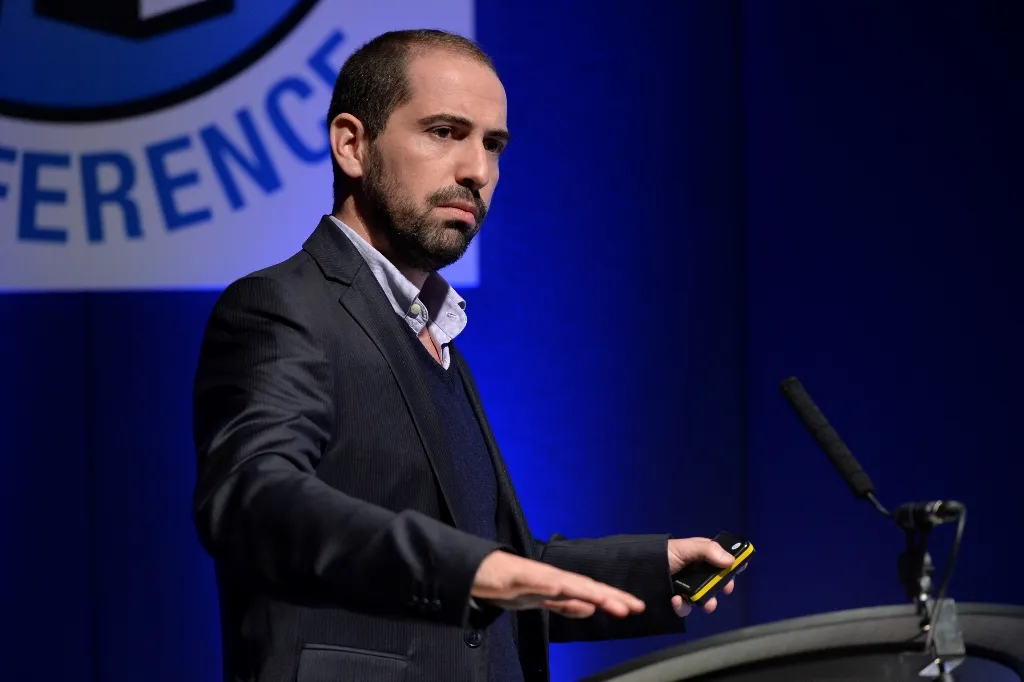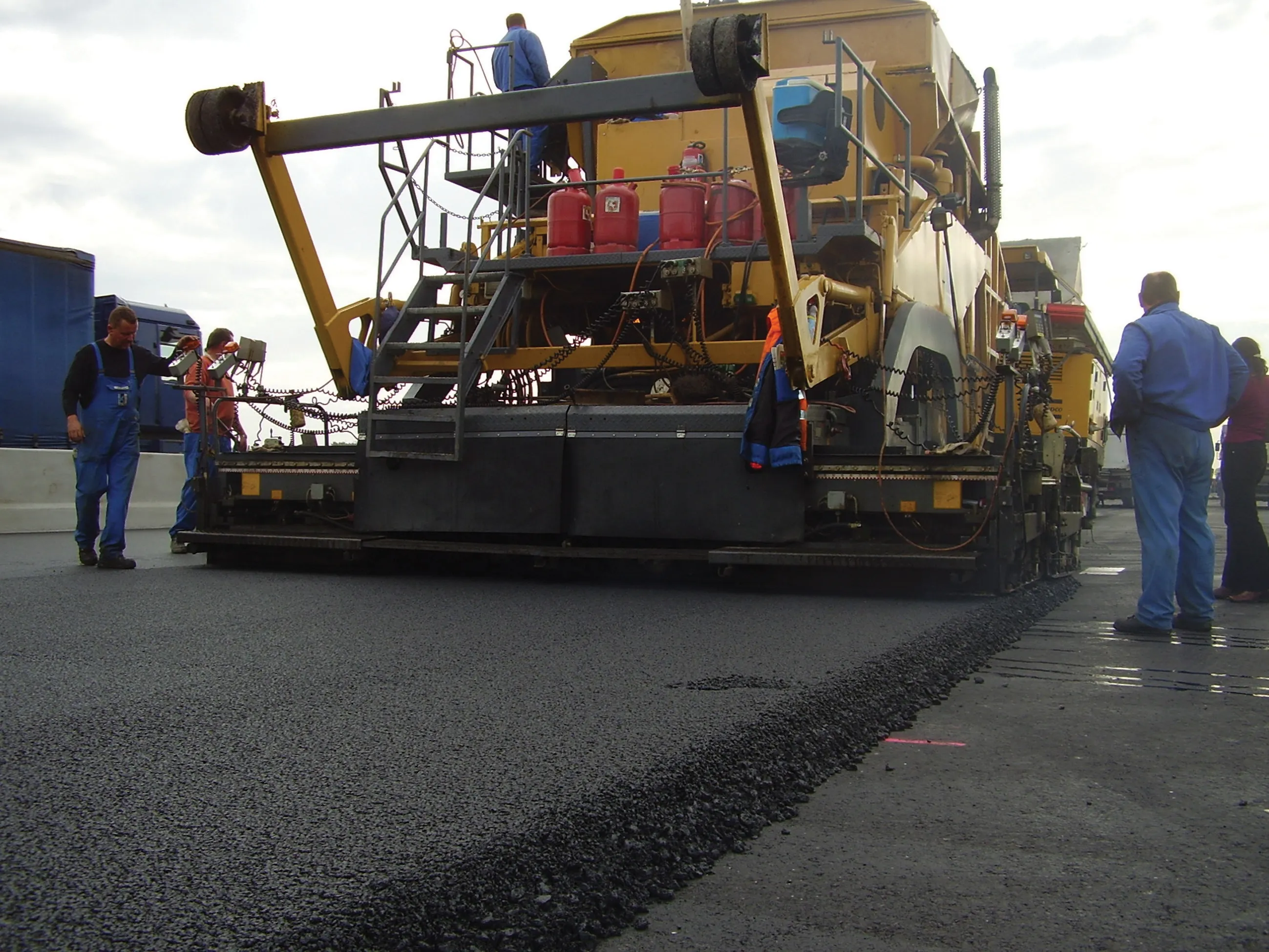
The special feature of the project was in the application of the WMA process (Warm Mix Asphalt – low-temperature asphalt). In the course of this process, additive is added to the mixing system which allows the mix to be produced at lower temperatures of around 30-40°. The binder used consisted of hard granite rocks with about 40% recycled and rubber-modified bitumen.
Two tandem rollers from the 10tonne category were used first for the main compaction with double vibration. The BW 190 ADO-5 took over the final tasks as the finish roller. The two passes needed were performed with an ADO drum to seal the surface and improve evenness. Due to the WMA mix, the time frame for compacting at the construction site may be shorter depending on the weather or transportation route. In such a case, the advantages of the oscillation system come to light as, on the one hand, it offers more reserves for sensitive rolling of asphalt and, on the other hand, it has great potential for compaction with vibration that can be used at the right time. The BW 190 ADO-5 was able to demonstrate this impressively in Douglas, as upon completion of the project the maximum theoretical density was between 93.4 and 93.8%.









